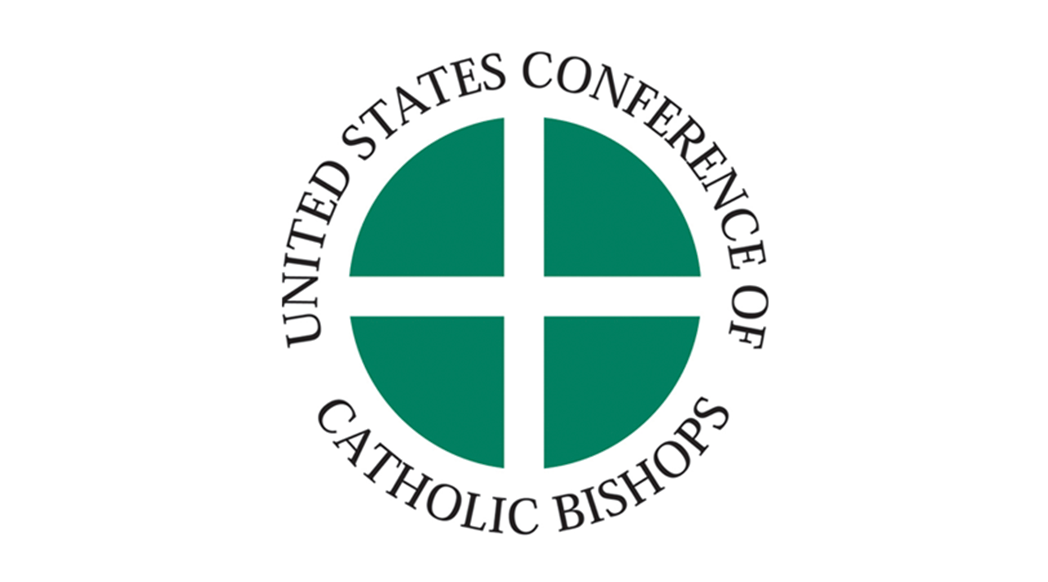P
Penance
Guest
I’m wondering for a time now if catholics should believe in dragons, and is it a holy creature or a diabolical one. ?
I’ve been taught that dragons are associated with the devil until such time I read a passage of the book of Job where God marvels about His creation which is the Leviathan. Reading the description would conclude that the Leviathan is somewhat a dragon due to its fire-breathing attribute.
What do you think? What is the church’s stand to this?
I’ve been taught that dragons are associated with the devil until such time I read a passage of the book of Job where God marvels about His creation which is the Leviathan. Reading the description would conclude that the Leviathan is somewhat a dragon due to its fire-breathing attribute.
What do you think? What is the church’s stand to this?

